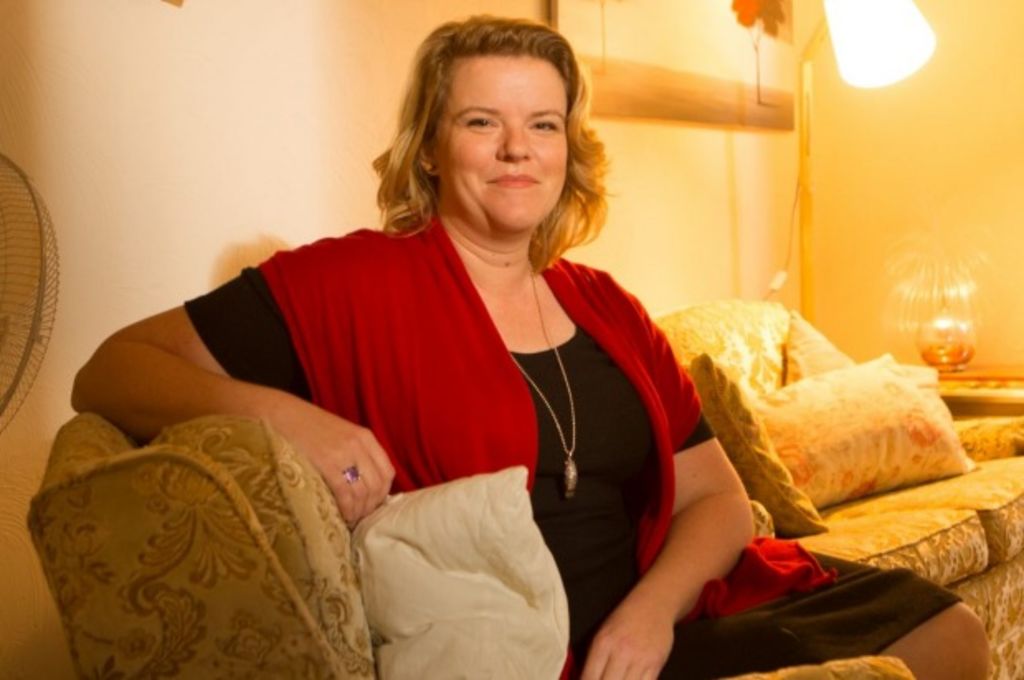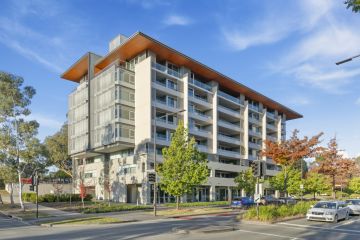Generation Rent: never buying a property will mean saving more for retirement

Can a lifetime renter retire as wealthy as a property owner can? Or does “generation rent” face a less secure future?
Financial experts say the latter is the case, unless those who don’t buy — because they can’t afford to or don’t want to — get smarter and save harder than their property-owning peers.
Even then, most say it would be difficult to retire with as much wealth as a property owner.
Generation Rent will retire into an aged pension and superannuation system not set up for people who rent.
The most recent research from the Australian Housing and Urban Research Institute shows a surge in the proportion of renters who are long-term tenants. One-third of all private renters were long-term in 2013, up from one quarter two decades ago.
“Income support systems are premised on outright [home] ownership and therefore Australian pensions tend to be much lower than equivalent countries,” Swinburne University housing professor Terry Burke said.
“So if you are still a renter, by the time you retire, you can be in real financial stress to cover the rent.”
Association of Superannuation Funds of Australia data estimates that for someone to afford a comfortable retirement at 65, a single would need $545,000 and a couple would need $645,000, REST Industry Super chief operating officer Andrew Howard said.
Swinburne University has already identified a threat of homelessness to older women who haven’t had the opportunity to own property and save super before they retire.
Affordability pressure leaves wannabe-buyers in a conundrum: take on excessive debt to either move to poorly-serviced fringe suburbs or buy into one of Melbourne’s non-family friendly apartments. Research has shown young people are already delaying life decisions faced with these options.
Many Australians have also been hit by the changing nature of the labor market, Mr Burke said, as more people find themselves unable to commit to long term housing because of casualised or flexible work relationships.
Jennifer Piper, 35, is one of these people. The actor, theatre company manager and freelance graphic designer sold a property in Perth in 2012 because her work required her to move around and meant upkeep of a rental was stressful.
She now happily rents in Seddon and says she has no plans to buy again. “Even if I wanted to, I cannot see any banker giving me a mortgage right now, just because nature of my freelance work.”
Financial experts say it is possible, although challenging, for lifelong renters to comfortably cross the finish line into retirement.
After income dries up, a larger nest egg is needed and savings from not having a mortgage need smart investment. The key would be to invest the difference rather than simply saving, finance commentator and educator Nicole Pedersen-McKinnon said.
“Interest rates are barely keeping pace with inflation, so forget putting in bank,” she said.
“The vital thing is to save what you save … a mortgage is the perfect forced savings vehicle. You can’t go out and drink your repayment, so a renter would have to be as focussed and unwavering in their investment.” She said tax-effective wealth-building options included super contributions and investing in shares.
Empower Wealth chief executive Ben Kingsley said the long-term average returns of super were below that of property, although he warned real estate was not a guaranteed investment.
He said modelling showed people were better off ‘rent-vesting’: where they bought an investment property, perhaps at a lower price point out of the city, and rented in the area they wanted to live.
Kevin Lee of Smart Property Adviser said while someone could “get lucky gambling on the stock market”, he agreed buying a home that someone else could pay off was one of the best ways to create equity to retire on.
For renters like Ms Piper, it’s not just a looming retirement question to face, but also a lack of renter’s rights, a tax system that favours property owners and a threat of another economic crisis.
“It’s quite ingrained in our cultural psyche that you need to own property,” she said. “The future is such massive unknown and while owning property might mitigate things a little bit, I’m not convinced that simply solves the problem.”
We recommend
We thought you might like
States
Capital Cities
Capital Cities - Rentals
Popular Areas
Allhomes
More
- © 2025, CoStar Group Inc.







